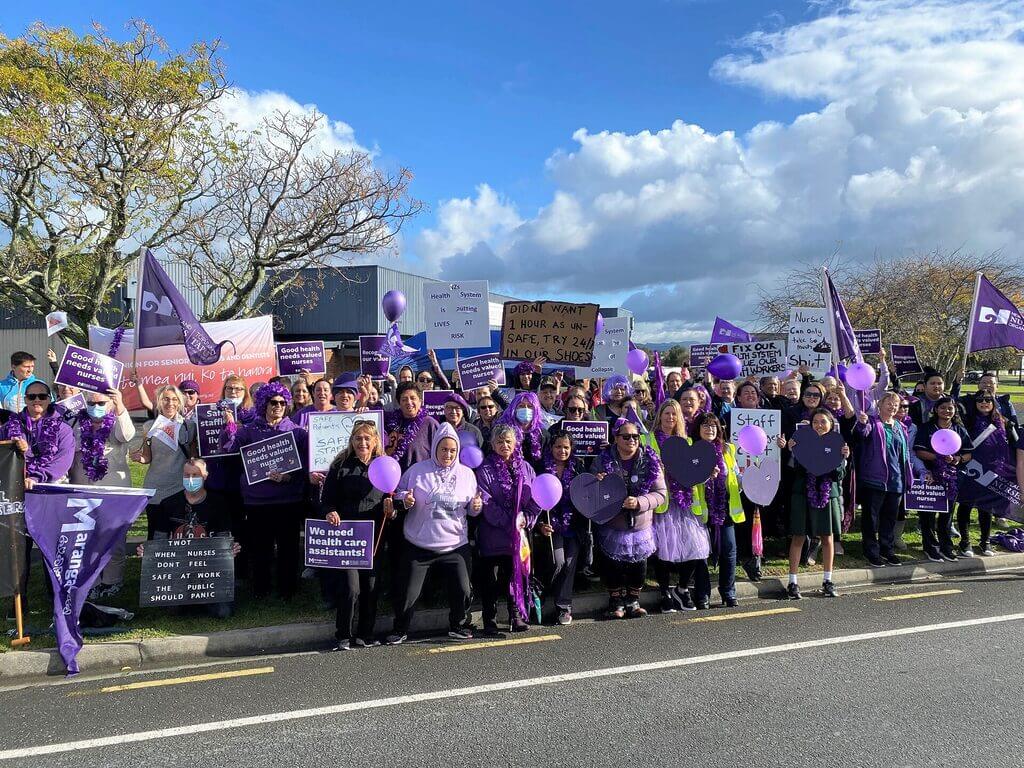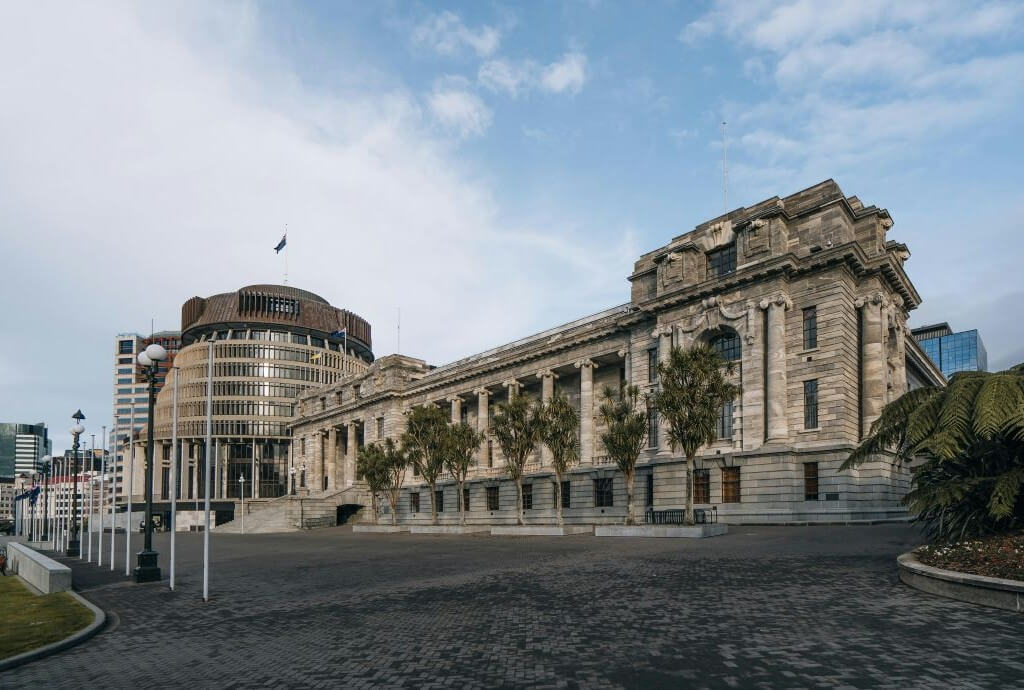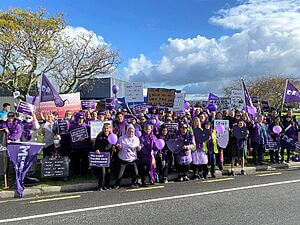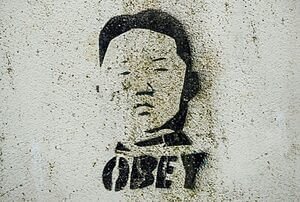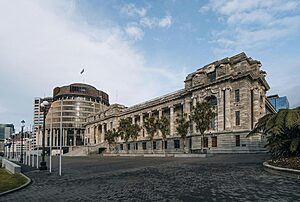Summarised by Centrist
Waikato Regional Council has voted to leave Local Government New Zealand (LGNZ), joining a growing list of councils withdrawing from the peak body. Councillors voted 6–5 to exit, citing a $122,000 annual membership fee, concerns over LGNZ’s relevance to regional councils, and its perceived “left-leaning” political stance.
Strategy and Policy chair Warren Maher said LGNZ focused too much on district issues and took a “left-leaning” approach that hindered cooperation with central government. “Every time the government puts something out … LGNZ seem to take the road against it,” Maher said.
Instead, the council will rely on Te Uru Kahika, a separate group representing regional and unitary councils. Councillor Angela Strange opposed the move, warning it could isolate Waikato and deprive councillors of services like induction training. She plans to table a motion to reverse the decision.
Political analyst Bryce Edwards admitted the departure reflects broader discontent with LGNZ’s alignment on race relations and Treaty issues, noting many councils feel the group no longer reflects diverse viewpoints. LGNZ takes a “liberal pro-Treaty side” on many issues. “It’s not responsive to the variety of different views, which is what local government should be about,” Edwards told The Waikato Times.
LGNZ deputy CEO Scott Necklen rejected the criticisms as “unsubstantiated and factually inaccurate,” saying LGNZ supports all members and works closely with government on funding and reform.

